#luís de camões
Text




"Who sees you, Lady, clear and manifest
The beautiful being of your beautiful eyes,
If he does not lose sight only in seeing them,
No longer pays what he owes to your gesture.
This seemed to me an honest price;
But I, for the advantage of deserving them
I gave more life and soul to love them,
Whereof I am no more left.
So life and soul and hope,
And all that I have, all is yours,
And the profit of it I only take.
For it is such bliss
To give you what I have and what I can,
That the more I pay you, the more I owe you."
Luís de Camões
#poetry#portuguese poetry#luís de camões#Camões#portugal#portuguese culture#renaissence#renaissence aesthetic#aesthetic#aesthetic poetry
26 notes
·
View notes
Text


My unfinished vasquinha is looking a bit sad and apron-like, but I'm pretty sure that after I add the sleeves, buttons and maybe trimming it will look as amazing as it should.
This is part of a project I started ages ago with the goal of deciphering and recreating whatever outfit Camões might be describing in his poem "Descalça vai para a fonte"
I'm basing the overall shape of my vasquinha on the one you can see in this painting of the martyr saints of Lisbon. (it's the black garment worn by the woman on the left)

If you want to know more about this project and the other pieces I've already done for it you're more than welcome to watch the two videos I've published about it.
Part 1:
youtube
Part 2:
youtube
14 notes
·
View notes
Text
È un foco Amor, che ascoso tien l'ardore; / è ferita, che punge, e non si sente; / è un piacer, che tien l'alme discontente; / è acerbo duol, di cui non si ha dolore: // è un non voler, chè cio che vuole Amore; / è un andar solitario tra la gente; / è un godere con voglie non mai spente; / è un credersi felice ove si more: // è un suggettarsi i vincitori a i vinti; / è uno stare in prigion, perché si vuole; /è un esser fidi a chi ci brama estinti. // Come mai de l'Amor si grande amico / è il core uman, chè senza lui si duole, / se Amore de gli amanti è si nemico?
Luís de Camões, da Descrizion dell'Amore
6 notes
·
View notes
Photo


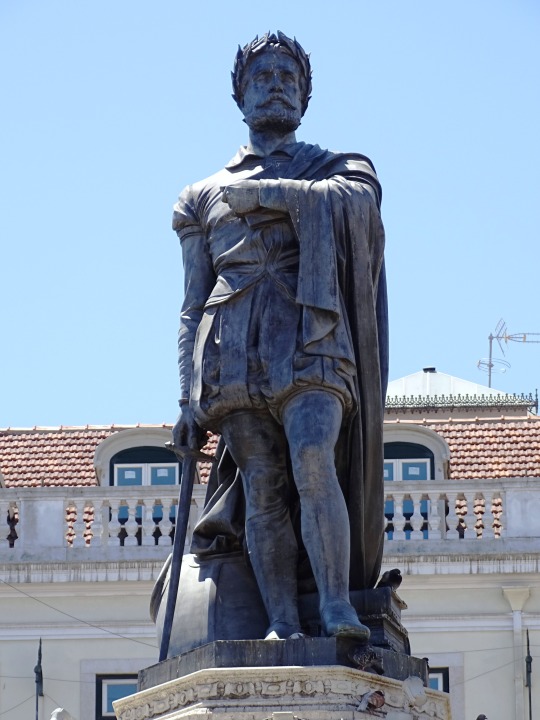




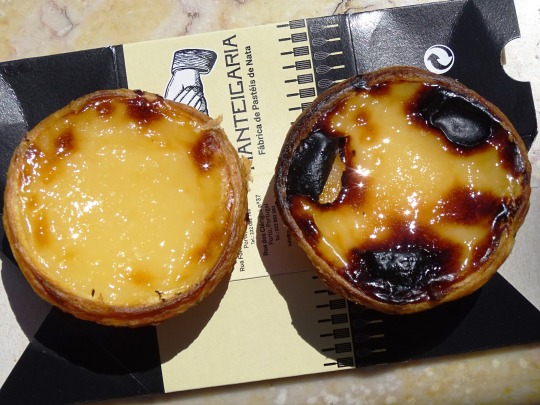
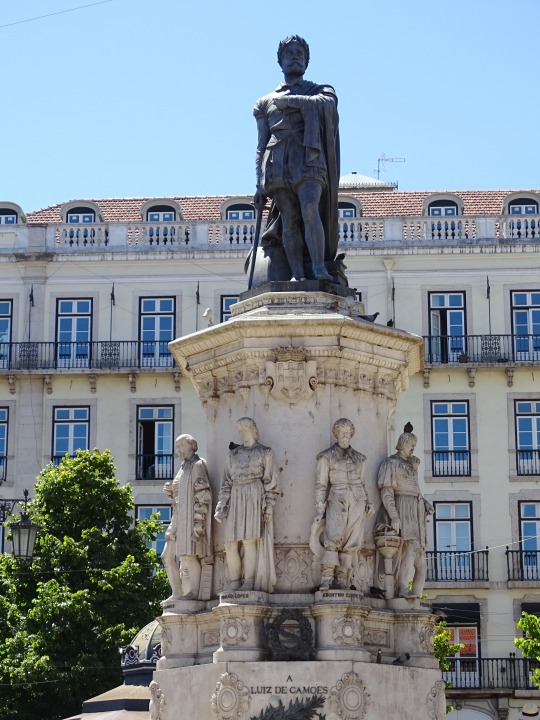
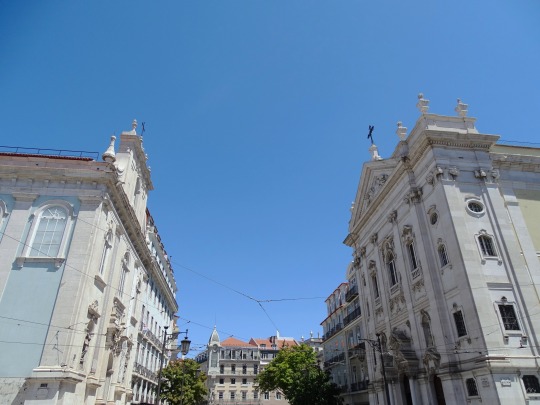
Praça Luís de Camões, Lisbon
Praça de Luís de Camões, colloquially Largo de Camões, is located in Chiado, in the parish of Misericórdia (until 2013 in the parish of Encarnação), in Lisbon.
Its toponymy is due to the desire to be installed there a statue to the poet of Os Lusíadas, inaugurated on October 9, 1867, driven by the desire to praise patriotism by the Central Commission 1 december 1640.
It is located the Consulate General of Brazil in the Portuguese capital and the Ministry of Economy.
The statue of Luís de Camões is of the sculptor Vítor Bastos and was inaugurated on October 9, 1867. The figure is bronze and is 4 meters high, based on an octogonal pedestal surrounded by eight statues: Fernão Lopes, Pedro Nunes, Gomes Eanes de Azurara, João de Barros, Fernão Lopes de Cantanhede, Vasco Mouzinho de Quevedo, Jerónimo Corte-Real and Francisco Sá de Menezes. The monument to Camões is the oldest in Lisbon in its kind, being more modern only than the equestrian statue of D. José I.
Source: Wikipedia
#Igreja de Nossa Senhora do Loreto dos Italianos#Lisboa#Lisbon#travel#Italian Church of Our Lady of the Loreto#Luís de Camões#Praça Luís de Camões#Camões Monument by Victor Bastos#bakery#Pastel de nata#Pasteis de Nata#street food#public art#vacation#summer 2021#tourist attraction#landmark#Chiado#cityscape#architecture#Luís de Camões Square#Southern Europe#Portugal#original photography
9 notes
·
View notes
Text
Soneto Luís Vaz de Camões - ALMA MINHA GENTIL
"Alma minha gentil, que te partiste
Tão cedo desta vida descontente,
Repousa lá no céu eternamente
E viva eu cá na terra sempre triste.
Se lá no assento etéreo, onde subiste,
Memória desta vida se consente,
Não te esqueças daquele amor ardente
Que já nos olhos meus tão puro viste.
E se vires que pode merecer-te
Alguma cousa a dor que me ficou
Da mágoa, sem remédio, de perder-te,
Roga a Deus, que teus anos encurtou,
Que tão cedo de cá me leve a ver-te,
Quão cedo de meus olhos te levou."
#luís de camões#soneto#alma minha gentil#poesia#poetas portugueses#amor#amoreterno#amor triste#poetry
2 notes
·
View notes
Text
Alma Minha Gentil, que te Partiste
Alma minha gentil, que te partiste
Tão cedo desta vida descontente,
Repousa lá no Céu eternamente,
E viva eu cá na terra sempre triste.
Se lá no assento Etéreo, onde subiste,
Memória desta vida se consente,
Não te esqueças daquele amor ardente,
Que já nos olhos meus tão puro viste.
E se vires que pode merecer-te
Alguma cousa a dor que me ficou
Da mágoa, sem remédio, de perder-te,
Roga a Deus, que teus anos encurtou,
Que tão cedo de cá me leve a ver-te,
Quão cedo de meus olhos te levou.
2 notes
·
View notes
Text
Last night I finished reading Os Lusíadas or the Lusiads, the national epic of Portugal written by Luís Vaz de Camões. I was inspired to pick it up after seeing Lunie’s beautiful June 10th fanart. I took my sweet time reading each canto, and now I’d like to share some of my favorite passages. : )
I’ll preface this by saying that I was lucky to get my hands on the Penguin UK 2007 edition, which opens with Camões’s short biography. It’s almost impossible to learn about his life without being touched by his love and devotion to his country, his disappointment in its vices, the many shipwrecks he suffered, his two year long limbo in Mozambique and so on. Reading the Lusiads in the lachrymose atmosphere of his biography definitely enhanced my experience. :,) The publishers knew what they were doing, haha.
Os Lusíadas means the sons of Lusus. In mythology, Lusus was the son of Bacchus and the founder of Lusitania, whose inhabitants were the forefathers of the modern Portuguese. So, if Lusus is the father of the Portuguese, doesn’t that make Bacchus the grandfather of the Portuguese?
Throughout the epic, Bacchus is passionately pursuing the destruction of his grandchildren the Portuguese, who brave the seas and oceans in pursuit of India. Bacchus resorts to many tricks to impede their voyages.
He appears as the prophet in the dreams of an Imam. He disguises himself as a human to turn the Muslim locals against the Portuguese. He creates a fake altar to trick the Portuguese into thinking that Christians lived among Muslims.

He even went before Neptune and the nymphs and gave them the biggest sob story about how the Portuguese are trespassing on his domain and Neptune should seek revenge.

Bacchus exudes the biggest MEAN GIRL energy. When I imagine him chasing and plotting against the Portuguese, I can’t help but think of Regina George’s:

Anyway, this isn’t to say that I don’t find his dedication impressive. I admire his dedication! It takes A LOT of energy to orchestrate that many obstacles. Although he could have spent this time nurturing his relationship with his grandchildren. He just resents the Portuguese for venturing eastward and fears that, in their pursuit, the Portuguese will become gods.
Despite Camões glorifying Vasco da Gama and his discovery of a route to India, he laments the loss of his people’s heroism and virtues, which were replaced by the greed and prosperity of the empire. :(

Camões’s parting lesson is that even the most fruitful endeavour can be equally rotting, and a triumph can reward you as much as it can rob you of your virtues.
This next part never fails to break my heart. He just poured himself and his life in every line:

António Vieira’s quote makes me just as sad:

On a happier note, I laughed myself silly when I saw how Camões wrote about Italy and more specifically VENICE 🤧, the old maritime trade competitor.
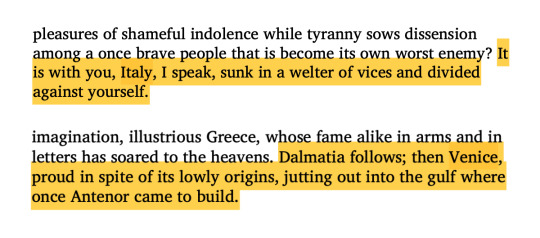
See how catty he is. I love it so much! Maybe Camões was bitter about Venice sacking Constantinople and trading with the Ottomans. Oh well ¯\_(ツ)_/¯
I also loved how smitten Venus was with the Portuguese. She was so flattered that the Portuguese worshipped her that she moved mountains to support their cause. <3 She’s the ultimate girl boss, and can we talk about her chariot being pulled by doves and swans:

It was a bit difficult to understand certain historical references, because I went in not knowing enough about Portugal’s pre-modern history. But reading the Lusiads motivated me to brush up on my knowledge. :)
These are only a few of the passages which I adored and highlighted on my kindle.

I will definitely reread the Lusiads in the near future. And make myself sad over Camões once more.
8 notes
·
View notes
Text
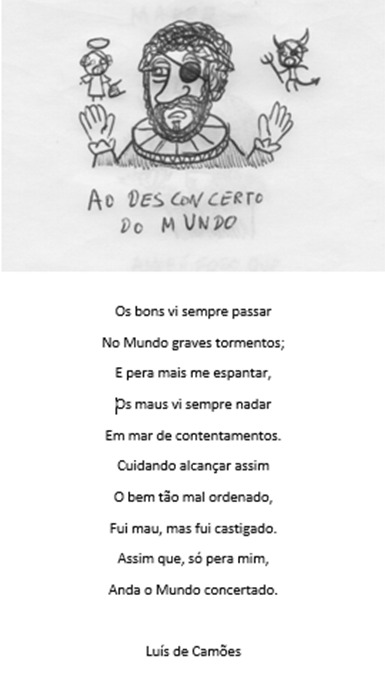
Quantas vezes não nos perguntamos, um tanto pasmados, por que os bons quase sempre se dão mal e sofrem muito mais do que os maus, enquanto os maus quase sempre se dão bem e sofrem muito menos do que os bons? Luís de Camões sintetizou muito bem esse paradoxo que é o próprio cerne deste mundo dominado pelo demônio, em seu poema "Ao desconcerto do mundo":
"Os bons vi sempre passar
No mundo graves tormentos;
E para mais me espantar,
Os maus vi sempre nadar
Em mar de contentamentos.
Cuidando alcançar assim
O bem tão mal ordenado,
Fui mau, mas fui castigado:
Assim que só para mim
Anda o mundo concertado."
Luís de Camões
2 notes
·
View notes
Text
Torna el tiempo a cubrir con verde manto
el valle en que la nieve relucía:
igual en mí se torna lloro el canto.
Y, salvo este mudar de cada día,
mudanza, hay otra de mayor espanto:
que no se muda ya como solía.
Luís de Camões
#Luís de Camões#poesía#fragmento#espanto#canto#nieve#verde#tiempo#valle#mudanza#Versión de Carlos López Narváez
2 notes
·
View notes
Text
Tanto de meu estado me acho incerto,
Luís de Camões
0 notes
Text
''A música do leve passarinho, que sem concerto algum solta e derrama, saltando de raminho em raminho, cantando com amor suspira e chama, de achar no amado e doce ninho, aquele a quem busca e a quem ama, descansa do trabalho que tomara tendo só seu descanso em quem te achara [...].
0 notes
Text
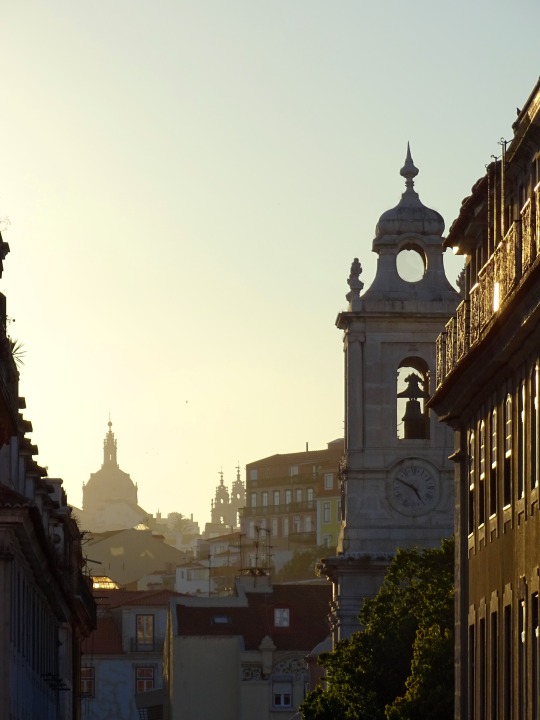
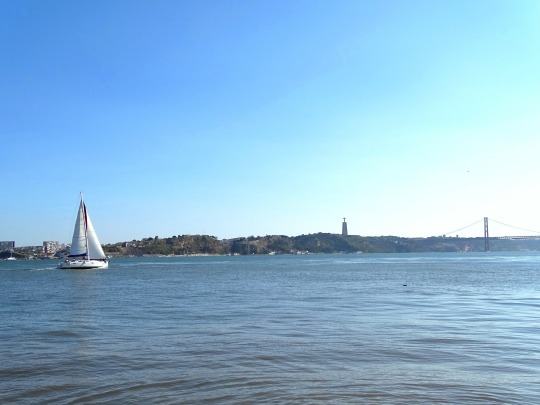
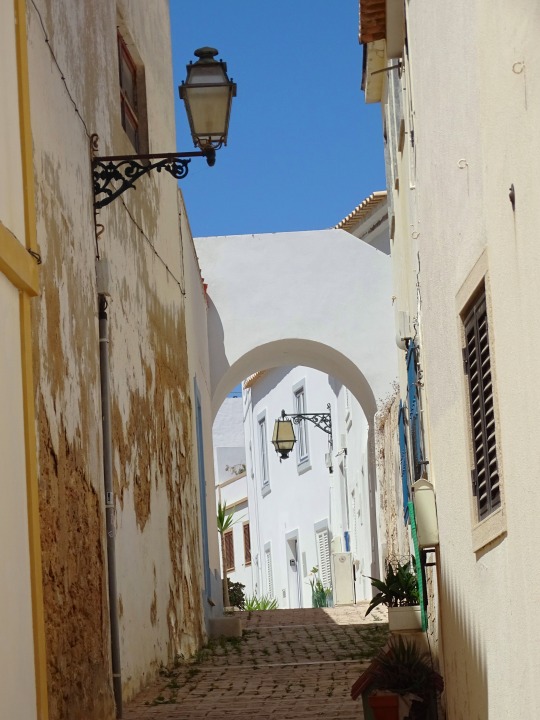


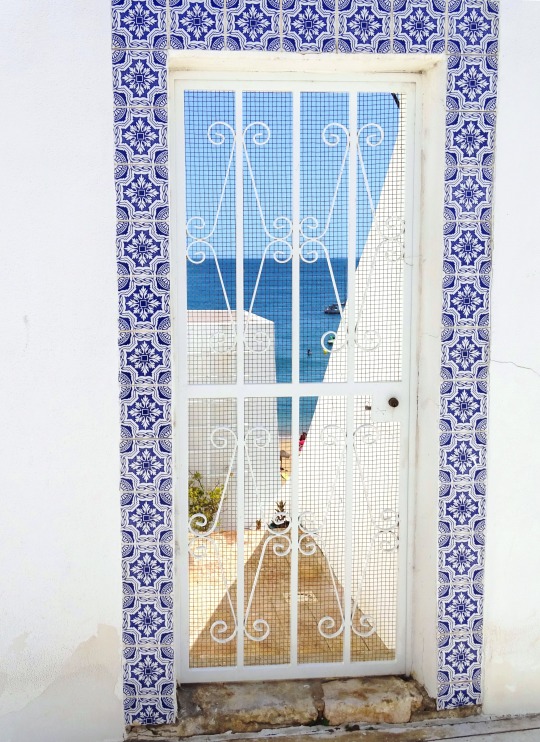
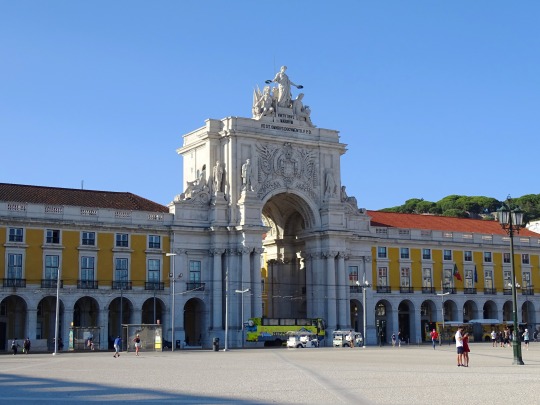
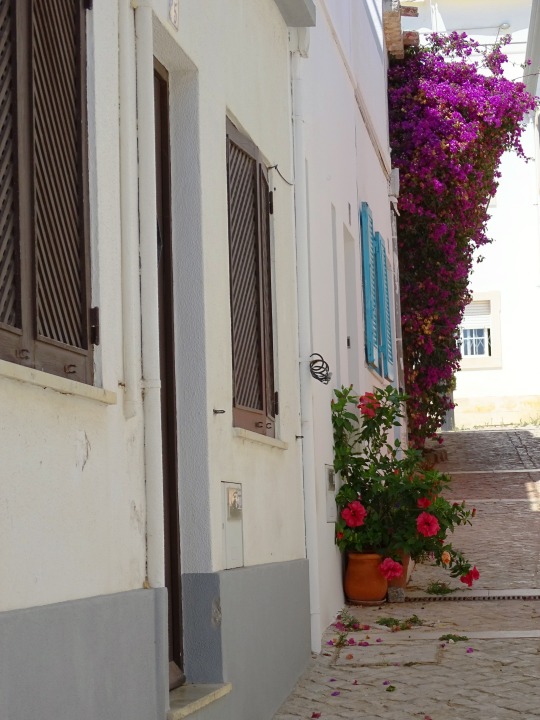
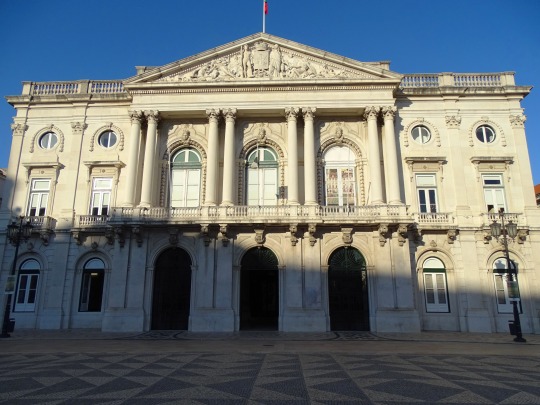
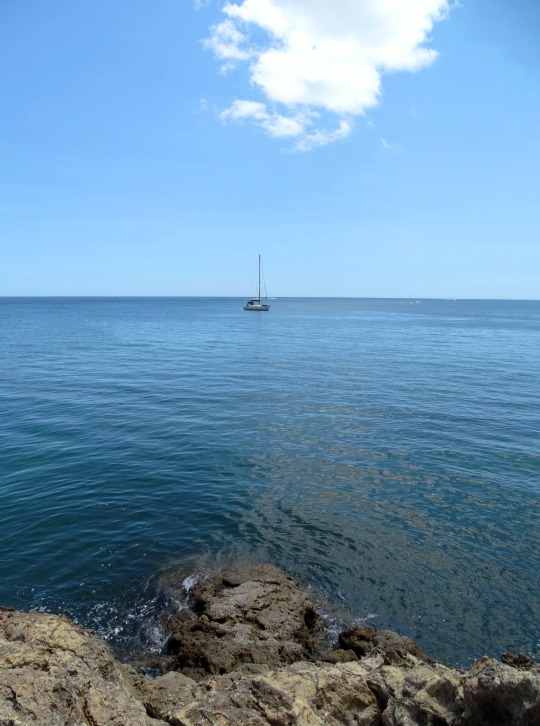
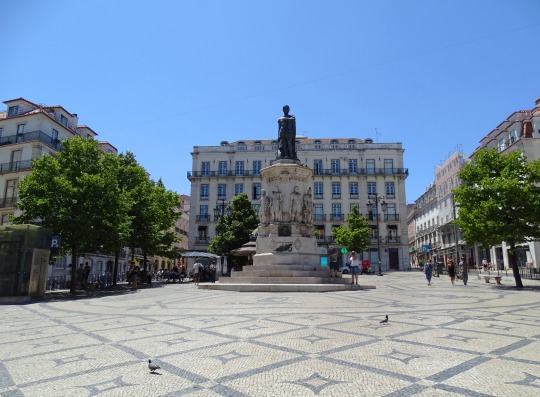
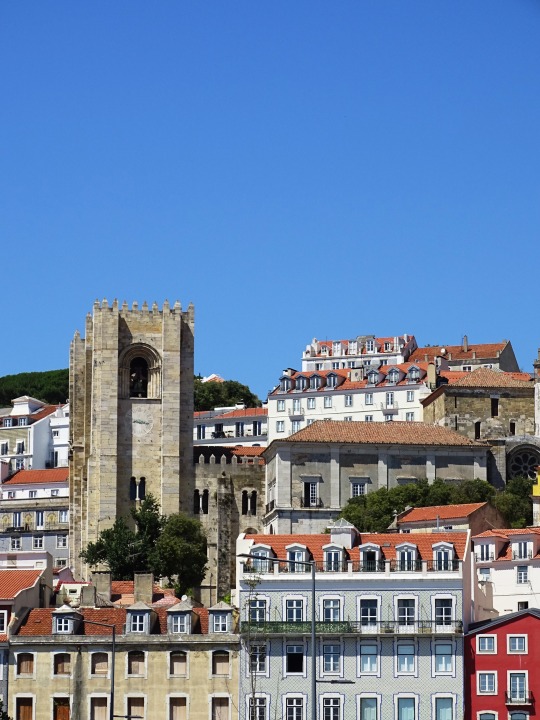
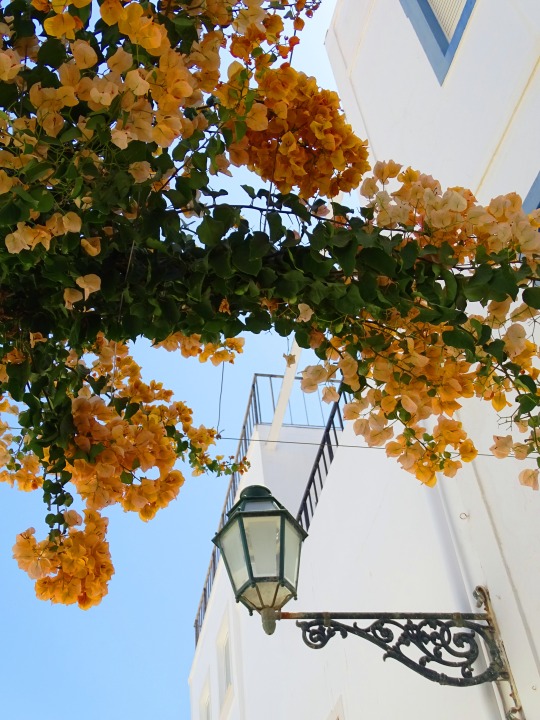


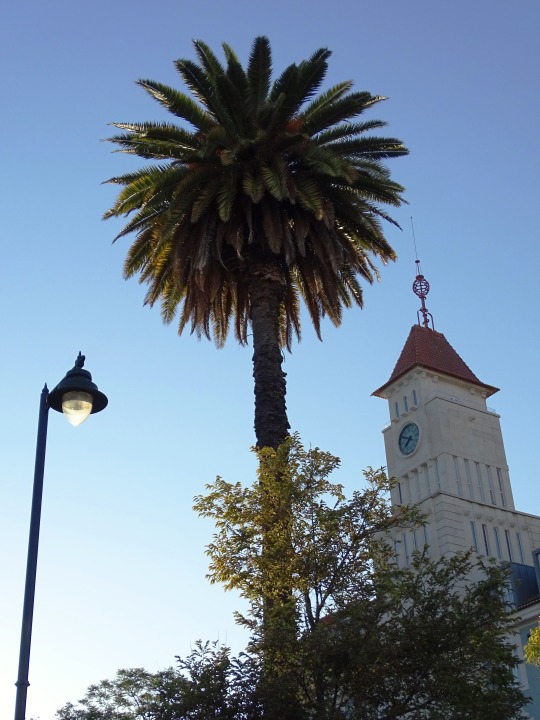


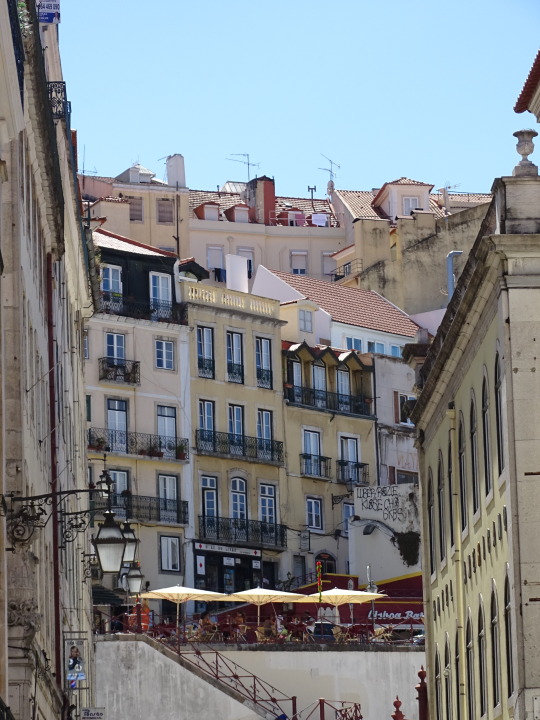
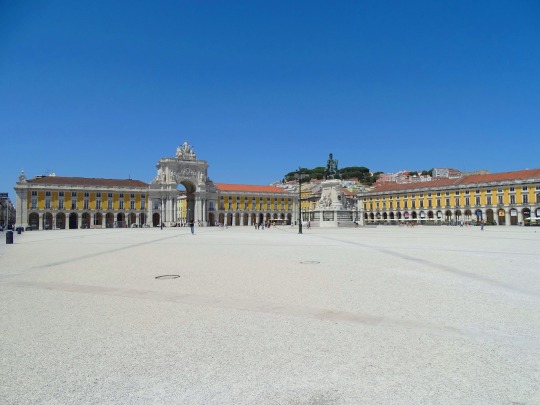
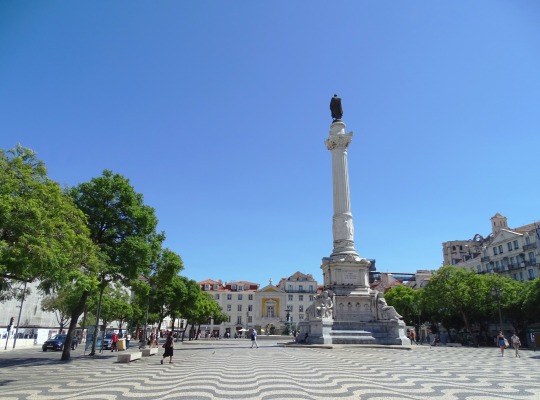
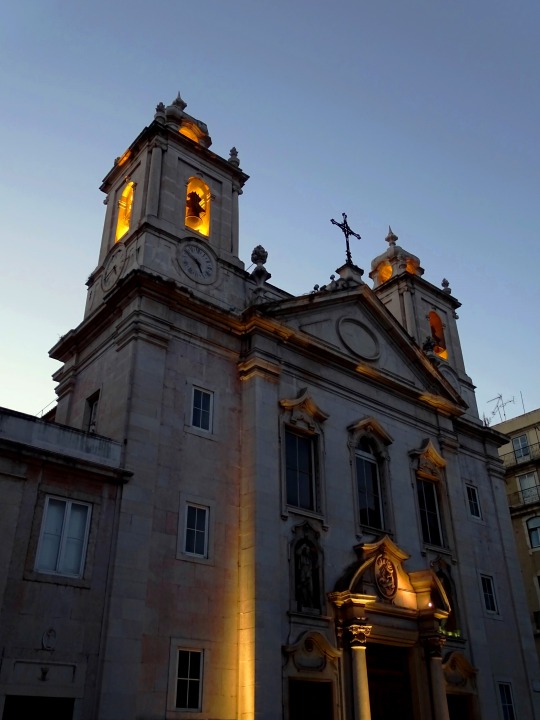
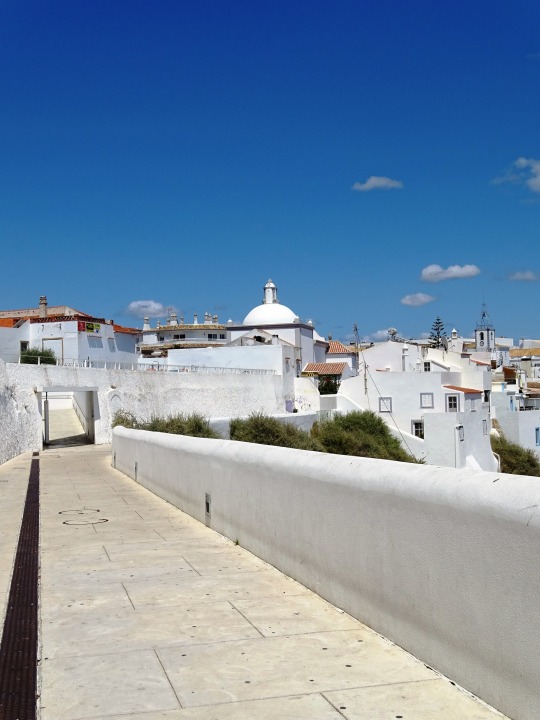
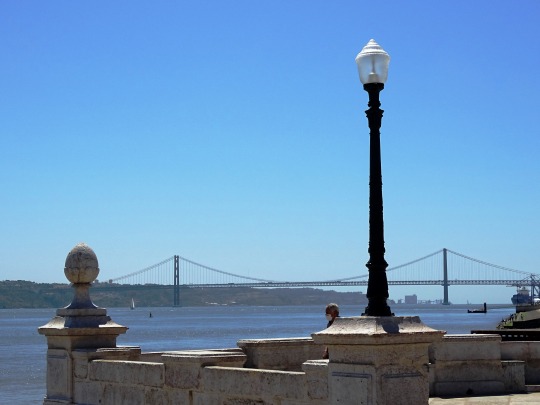

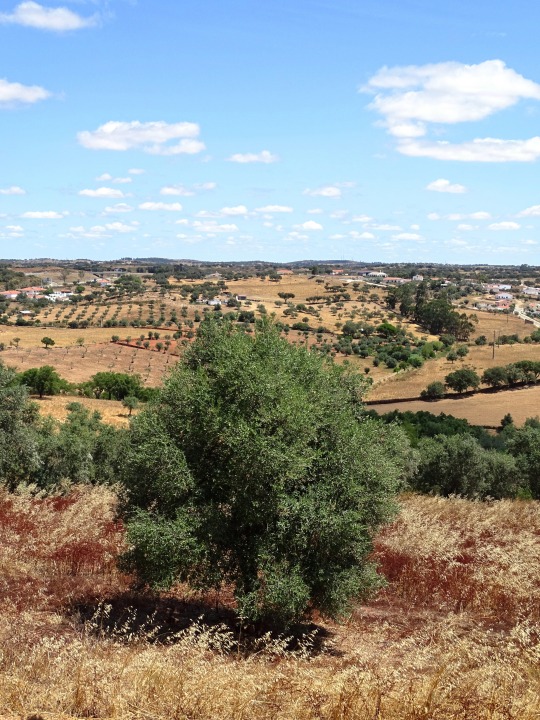
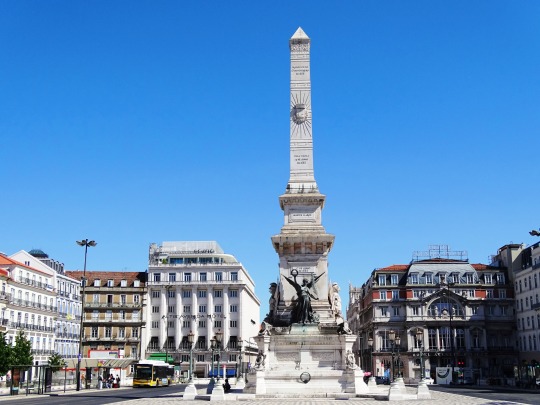
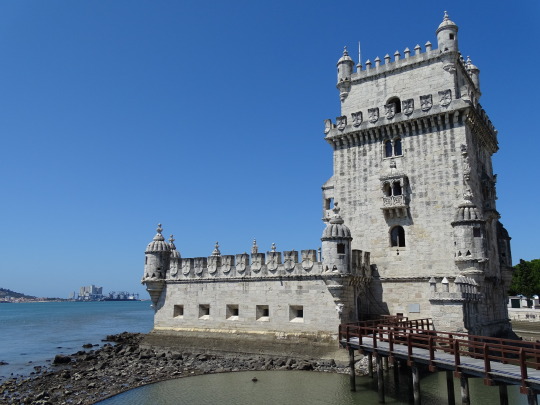
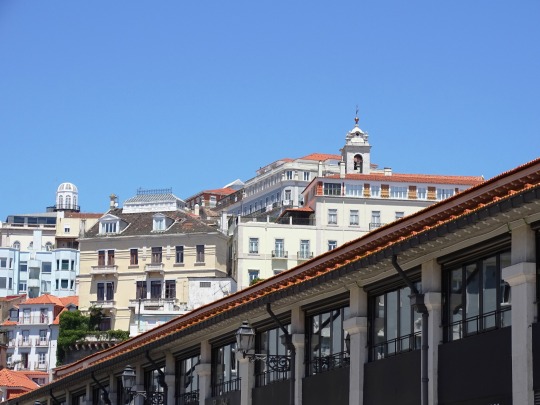
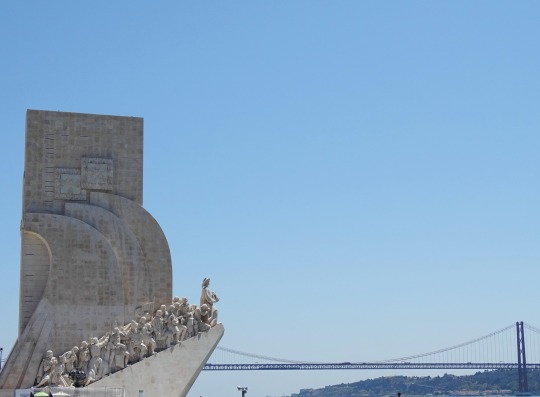
Freedom Day
Freedom Day in Portugal takes place on April 25 to commemorate the Carnation Revolution that took place in the country. The day marks the beginning of a bloodless coup that ended the dictatorship in the country and honors the establishment of democracy in Portugal. It is a public holiday and a day of great celebration in the country. Portuguese nationalists fill the streets with the colors of Portugal’s flag, and educational demonstrations are planned across the country to educate the younger generations about the history of Portugal’s struggle for independence.
HISTORY OF FREEDOM DAY (PORTUGAL)
Portugal commemorates the anniversary of its independence on April 25. The day is marked with parades, demonstrations, and nationalistic celebrations across the nation. After decades of brutal dictatorship that brought about censorship, discrimination, and suppression, the Portuguese army joined hands with rebel groups and overthrew the government.
Portugal’s struggle for independence commenced in the mid-1900s. Numerous issues encumbered the citizens of Portugal in the late 1960s. Portugal’s military expansion required soldiers, which resulted in the mass illegal migration of young men from the country. The revolution gained steam after citizens were informed of the bloated military budget. Subsequently, there rose an intense desire to end Portugal’s expansion and colonial projects that were draining the country’s resources. The joint chiefs of the army decided to overthrow the government. The coup began on April 24, 1974 with the primetime playing of the Portuguese song ‘E depois do adeus’ sung by Paulo de Carvalho, which alerted the rebels to begin the coup. This was followed by a broadcast of ‘Grandola vila morena,’ a song banned by the radio at the time. In a surprising turn of events, the official guards of the presidential palace dropped their weapons and joined hands with the rebel groups.
Nearly five decades of dictatorship came to an end in 1974. Although civilians were instructed to stay put at home, thousands of proud Portuguese flooded the streets to support the military insurgency. People gathering outside the presidential palace placed carnations from the local market into gun muzzles, which is why the day is also remembered as the Carnation Revolution.
FREEDOM DAY (PORTUGAL) TIMELINE
1940
Becoming an Allied Country
Portugal sides with the Allies in the Second World War and becomes a founding member of NATO.
1970
The Death of a Dictator
Portuguese Dictator António de Oliveira Salazar dies and is replaced by Marcelo Caetano.
1974
The Peaceful Coup
The Caetano government is overthrown by rebels, and General António Ribeiro de Spinola assumes the presidency.
1982
The Beginning of a Republic
The Military Council of Revolution declares the end of insurgency, and the civilian government resumes operation.
FREEDOM DAY (PORTUGAL) FAQS
What is Portuguese Freedom Day?
Freedom Day, natively known as ‘Dia da Liberdade,’ commemorates the overthrow of the dictatorship in Portugal in favor of a democratic system of governance.
Is April 25 a public holiday in Portugal?
April 25 is celebrated as Freedom Day in Portugal to commemorate the anniversary of the Carnation Revolution.
What is the Carnation Revolution?
The Carnation Revolution refers to the celebration that ensued in the streets of Portugal after a military coup that successfully ended the decades-long dictatorship in the country.
HOW TO OBSERVE FREEDOM DAY (PORTUGAL)
Plant carnations in your backyard: The carnations are delightful bright pink flowers that make for a charming celebratory bouquet. They also have an important place in Portugal’s history. Mark the anniversary of the Carnation Revolution by making carnations a part of your garden.
Learn the ‘fado’: ‘Fado’ is a genre of Portuguese music that emphasizes the idea one cannot escape their fate. ‘Fado’ songs have melancholic tunes and lyrics that evoke resignation and loss. Learn a couple of ‘fado’ tunes to get the gist of this genre of Portuguese music.
Feast on conventual sweets: In Portugal, monks and nuns make traditional sweets such as ‘pasteis de nata,’ ‘papu-de-anjo,’ ‘pasteis de Belém,’ and ‘ovos moles.’ No celebration or mourning is complete without a serving of these. Some of them may not be easy to bake, but they bring delight in every bite — the perfect way to celebrate Portugal’s Freedom Day.
5 ENCHANTING FACTS ABOUT THE PORTUGUESE
The Portuguese love football: The Portuguese love football, and their best import is superstar footballer Cristiano Ronaldo.
An old city with a young soul: Lisbon has been inhabited for nearly 3,000 years, preceding the establishment of the national borders of Portugal.
The longest dictatorship in Europe: The Portuguese endured the longest authoritarian regime in Europe, which lasted for almost six decades.
Port wine and coffee: The Portuguese lead the world in the export of port wine and the consumption of bite-sized expressos.
It’s a great place for a holiday: Portugal is one of the most sought-after places for a vacation, ranking in the 20 most-visited countries in the world.
WHY FREEDOM DAY (PORTUGAL) IS IMPORTANT
It’s a crucial day in Portugal's history: Although centuries of documented history precede the glorious Carnation Revolution, it was on April 25, 1974 that the countrymen swarmed the streets to celebrate the end of 800 years of authoritarianism. What started in the year 1143 with the establishment of King Afonso I’s regime ended with the exchange of pink carnations between civilians and the military.
It celebrates the Portuguese spirit: Europe’s history is filled with uncountable bloody wars. Portugal’s struggle for freedom stands out because of the non-violent coup led by the elite military members who switched sides in the favor of the nation. The Carnation Revolution is a testament to the Portuguese spirit and a constant inspiration to rebels worldwide.
Portugal is a work in progress: Being one of the last countries in Europe to gain full autonomy, Portugal continues to battle with novel challenges that are unknown to its neighbors. Nevertheless, the Portuguese have proved their valor and their support for a fair and democratic system of governance that values religious liberty and freedom of expression.
Source
#Carnation Revolution#Revolução dos Cravos#25 April 1974#50th anniversary#Portuguese history#Lisbon#Lisboa#Portugal#summer 2021#tourist attraction#landmark#cityscape#architecture#original photography#Southern Europe#Praça do Comércio#Albufeira#district of Faro#Algarve#Atlantic Ocean#Camões Monument by Victor Bastos#D. Maria II National Theatre#Rossio#Ourique#Belém Tower#Luís de Camões#São Jorge Castle#travel#vacation#landscape
0 notes
Text
Os Lusíadas: edição comemorativa dos 450 anos
Os Lusíadas: edição comemorativa dos 450 anos #joseruy #bandasdesenhadas
Por José Ruy.
O mestre José Ruy (1939-2022) abandonou-nos recentemente, a 23 de novembro. Ultimamente, os seus trabalhos vinham a ser publicados pela editora Âncora, sendo a mais recente publicação a 8.ª edição de Os Lusíadas, a propósito da edição comemorativa dos 450 anos da primeira publicação da obra original de Luís Vaz de Camões.
Recorde-se que esta adaptação de José Ruy para banda…

View On WordPress
#Âncora#Camões#José Ruy#Luís de Camões#Luís Vaz de Camões#Luiz de Camões#Luiz Vaz de Camões#Os Lusíadas#Portugal
1 note
·
View note
Text
Lusiadi | Luís de Camões
Con questo volume i lettori europei hanno a disposizione, per la prima volta, un’edizione dei Lusíadas che, finalmente, distingue il testo licenziato da Camões nel 1572 dagli altri esemplari contraffatti con la stessa data. Un giallo brillantemente risolto da Rita Marnoto, una delle più importanti studiose del poema. La versione originale dei Lusíadas permetterà di rileggere l’opera letteraria…
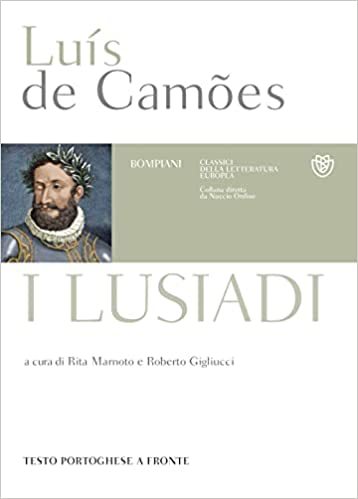
View On WordPress
0 notes
Photo



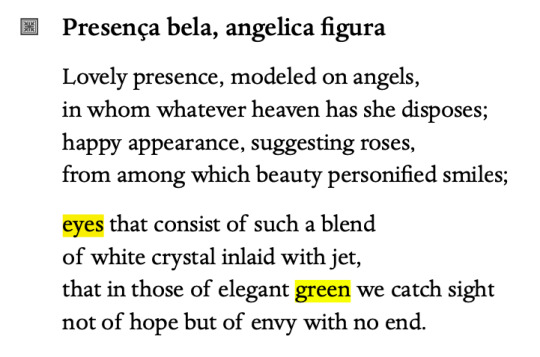

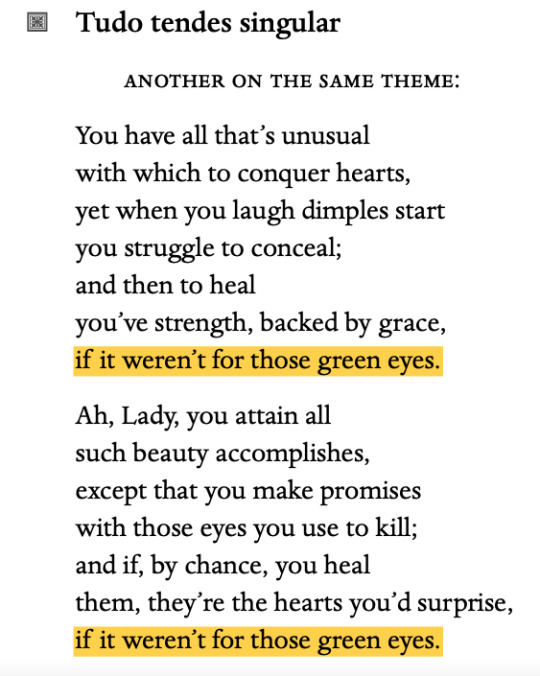
Part II of the previous compilation post, but this time without captions.
Camões and his love for green-eyed cruel seductresses.
#luís vaz de camões#luís de camões#part two haha#I wanted to include#Por cousa tão pouca#but making a separate post about his obsession with green eyes is more interesting to me#future me look at the tags if you want to revisit the poem about dumb John and his turban#:)#my entries
3 notes
·
View notes
